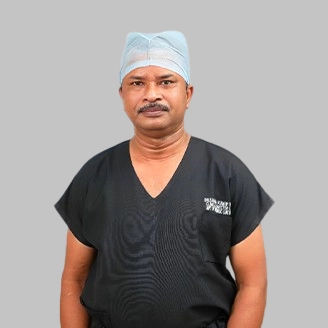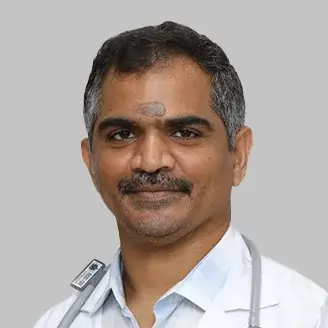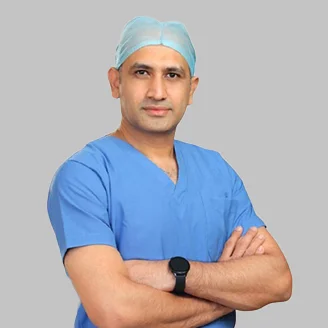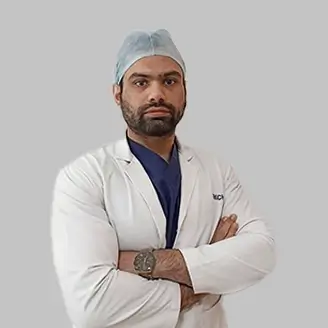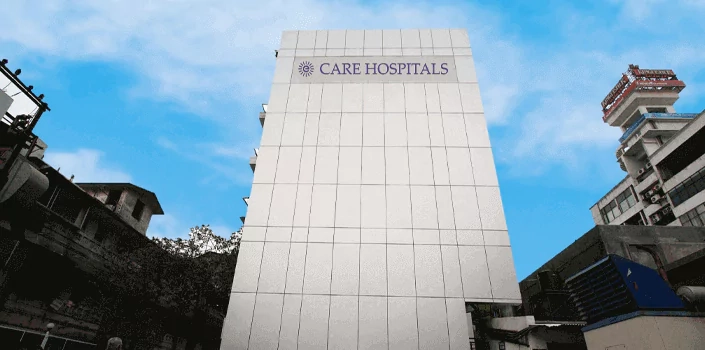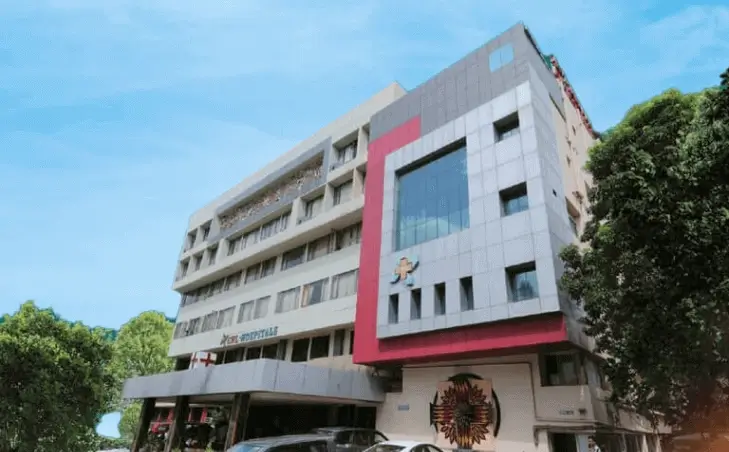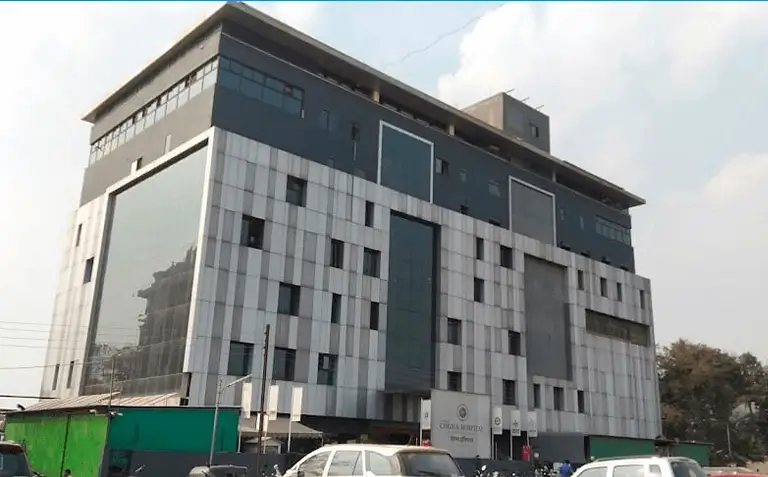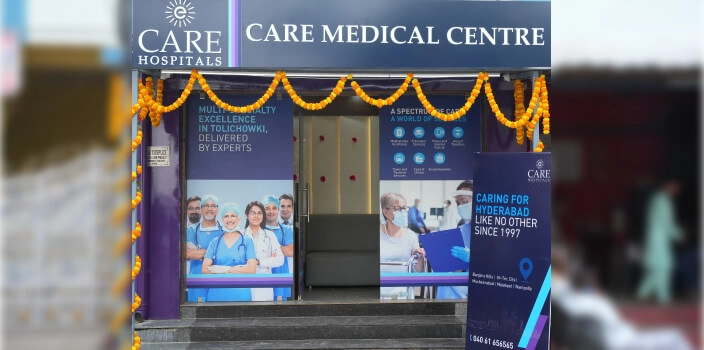-
Doctors
-
Specialities & Treatments
Centre of Excellence
Specialties
Treatments and Procedures
Hospitals & Directions HyderabadCARE Hospitals, Banjara Hills CARE Outpatient Centre, Banjara Hills CARE Hospitals, HITEC City CARE Hospitals, Nampally Gurunanak CARE Hospitals, Musheerabad CARE Hospitals Outpatient Centre, HITEC City CARE Hospitals, Malakpet
HyderabadCARE Hospitals, Banjara Hills CARE Outpatient Centre, Banjara Hills CARE Hospitals, HITEC City CARE Hospitals, Nampally Gurunanak CARE Hospitals, Musheerabad CARE Hospitals Outpatient Centre, HITEC City CARE Hospitals, Malakpet Raipur
Raipur
 Bhubaneswar
Bhubaneswar Visakhapatnam
Visakhapatnam
 Nagpur
Nagpur
 Indore
Indore
 Chh. Sambhajinagar
Chh. SambhajinagarClinics & Medical Centers
Book an AppointmentContact Us
Online Lab Reports
Book an Appointment
Consult Super-Specialist Doctors at CARE Hospitals

Best Hospital for Proximal Femoral Nail (PFN) Surgery in Hyderabad
- Advanced Technology
- Shorter Hospital Stay
- Pre & Post-Operative Care
- All Insurance Accepted

Chat With Our Experts
Get second opinion on Whatsapp
25 lakhs+
Happy Patients
Experienced and
skilled surgeons
17
Health Care Facilities
Top most Referral Centre
for Complex Surgeries
Advanced Proximal Femoral Nail (PFN) Surgery
The number of intertrochanteric femoral fractures has increased immensely over the last several years. This fracture is one of the common types of hip fractures in older people. Studies show that Proximal Femoral Nail (PFN) Surgery helps patients recover effectively. Surgeons insert a specially designed nail through the greater trochanter instead of the trochanteric fossa. This technique provides stability to the fractured bone.
PFN surgery brings several benefits to patients. This treatment reduces hospital stays compared to other methods.
This article covers everything patients should know about PFN surgery. You will also learn about preparation and recovery steps to better understand this crucial orthopaedic procedure.
Why CARE Hospitals is Your Top Choice for Proximal Femoral Nail (PFN) Surgery in Hyderabad
CARE hospitals stands as a leading healthcare institution for orthopaedic procedures. The orthopaedic department combines years of experience with state-of-the-art technology to treat various musculoskeletal conditions. An integrated team of orthopaedic surgeons, anesthesiologists and wound care specialists works together. They make sure that each patient receives personalised care.
Best Proximal Femoral Nail (PFN) Surgery Doctors in India


State-of-the-art Surgical Innovations at CARE Hospitals
CARE Hospitals now offers advanced Robot-assisted surgery with the Hugo and da Vinci X Robotic system. Our operating rooms equipped with modern technology deliver precise surgical outcomes. The hospital houses South India's first dual-source 128-slice CT scanner for detailed imaging. Their surgical approach minimises tissue damage, blood loss, and infection risk.
Conditions for Proximal Femoral Nail (PFN) Surgery
PFN surgery helps patients with:
- Intertrochanteric fractures (between the greater and lesser trochanters)
- Pertrochanteric fractures
- High subtrochanteric fractures
- Ipsilateral trochanteric fractures
- Pathological fractures
Hip fractures pose serious risks to elderly patients and can threaten their lives. CARE's expertise in PFN surgery proves invaluable in these situations.
Types of Proximal Femoral Nail (PFN) Procedures
Surgeons can choose from several PFN designs based on fracture types. Types include:
- Standard PFN: Works best for pertrochanteric and intertrochanteric fractures
- Long PFN: Suited for low subtrochanteric and extended fractures
- Proximal Femoral Nail Antirotation type 2 (PFNA2): Uses a helical blade that compacts bone better
- Trochanteric Fixation Nail Advanced (TFNA): Features a smaller proximal diameter that preserves more native bone
CARE surgeons match the most suitable implant to each patient's condition based on fracture location, anatomy and bone quality.
Pre-Surgery Preparation
Planning includes:
- Doctors perform X-rays and CT scans to review the fracture and plan the procedure effectively.
- Patients need to stop blood thinners and fast several hours before surgery.
- Blood count and other tests help doctors assess the patient's overall health.
Proximal Femoral Nail (PFN) Surgical Procedure
Surgery steps include:
- Surgeons place patients on their back on a radiolucent table with the affected leg adducted by 10-15°.
- Doctors administer anaesthesia and make a small incision near the greater trochanter.
- The nail goes into the femoral canal and gets secured with proximal and distal locking screws.
- Surgeons check the stability of the joint and close the incision.
Post-surgery Recovery
Patients stay in the hospital for 6-8 days.
- The physiotherapist guides patients through isometric exercises on day one after surgery.
- Patients start walking with support devices from day two.
- The timeline for full weight-bearing depends on how stable the fracture is and the quality of the bone. Healing completes within 10-15 weeks.
Risks and Complications
Common complications include:
- Hematoma
- Infection
- Implant failure include nail breakage
- Screw cut-out
- Varus deformity and improper reduction
- Secondary displacement
Patients might face general risks like cardiovascular complications, pneumonia, and pulmonary embolism. These are not common and can be managed by expert care.
Benefits Of Proximal Femoral Nail (PFN) Surgery
PFN shows better results with lower blood loss than traditional open surgery. Patients benefit from shorter operation times and less radiation exposure compared to alternatives. The procedure provides excellent rotational stability and unreamed implantation benefits.
Insurance Assistance for Proximal Femoral Nail Surgery
Most health insurance plans cover PFN surgery costs. Government schemes like CGHS and Ayushman Bharat accept patients without waiting periods. Private insurance coverage includes surgical appliances, implants, and post-surgery physiotherapy.
Second Opinion for Proximal Femoral Nail Surgery
Additional professional opinions help confirm the diagnosis and treatment plans. Patients receive appropriate care based on their specific fracture pattern and bone quality through this approach.
Conclusion
PFN surgery is a crucial treatment option for patients with femoral fractures. This procedure has significant advantages over other treatments. Patients lose less blood, spend less time in surgery, and heal faster. They can start simple exercises just a day after surgery and begin supported walking the next day.
CARE Hospitals excels at this procedure with its advanced technology and skilled specialists. Their modern facilities perform thousands of orthopaedic surgeries each year, which makes them capable of handling complex cases.
Like any medical procedure, PFN surgery has some risks. However, suitable candidates usually find that the benefits far exceed these concerns. Most patients' fractures heal completely within 10-15 weeks after surgery.
Hip fractures will rise globally as our population ages. PFN and similar surgical procedures help patients stay mobile and maintain their quality of life after these injuries. The best outcomes come from choosing experienced surgical teams and following recovery guidelines carefully.
Proximal Femoral Nail (PFN) Surgery Hospitals in India
-
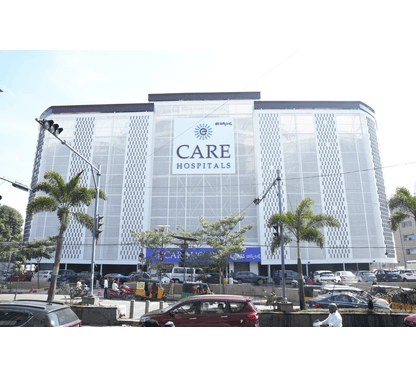
CARE Hospitals, Banjara Hills, Hyderabad
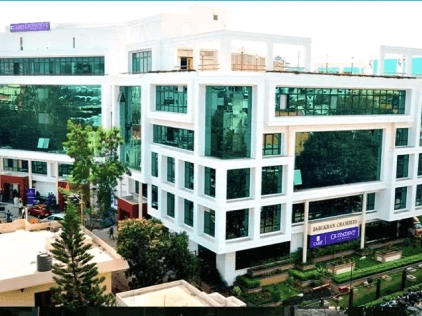
CARE Hospitals Outpatient Centre, Banjara Hills, Hyderabad
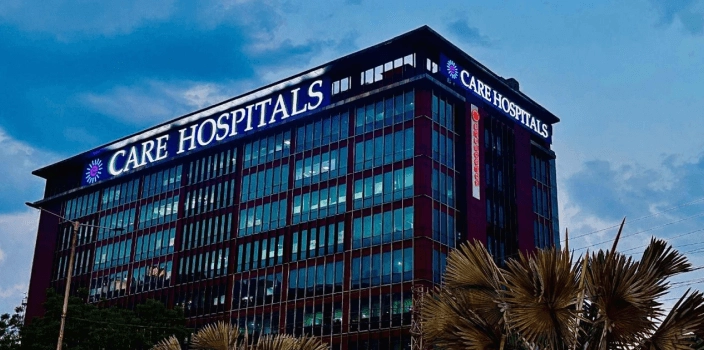
CARE Hospitals, HITEC City, Hyderabad
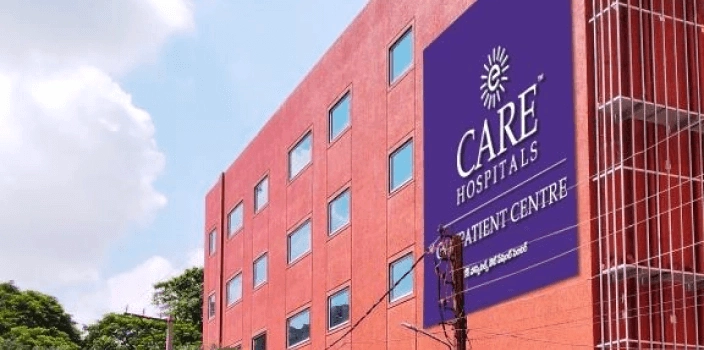
CARE Hospitals Outpatient Centre, HITEC City, Hyderabad
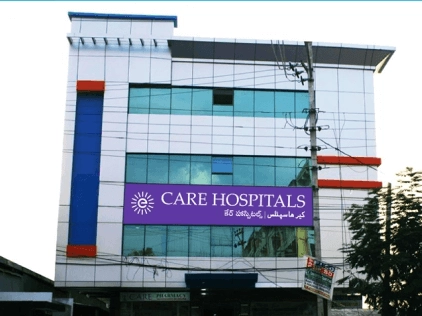
Gurunanak CARE Hospitals, Musheerabad, Hyderabad
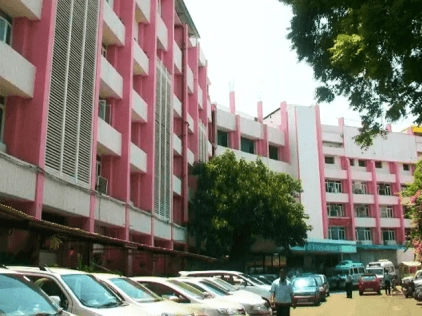
CARE Hospitals, Nampally, Hyderabad
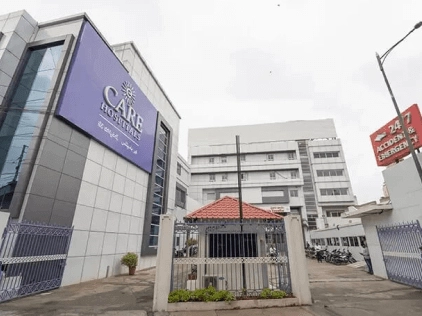
CARE Hospitals, Malakpet, Hyderabad
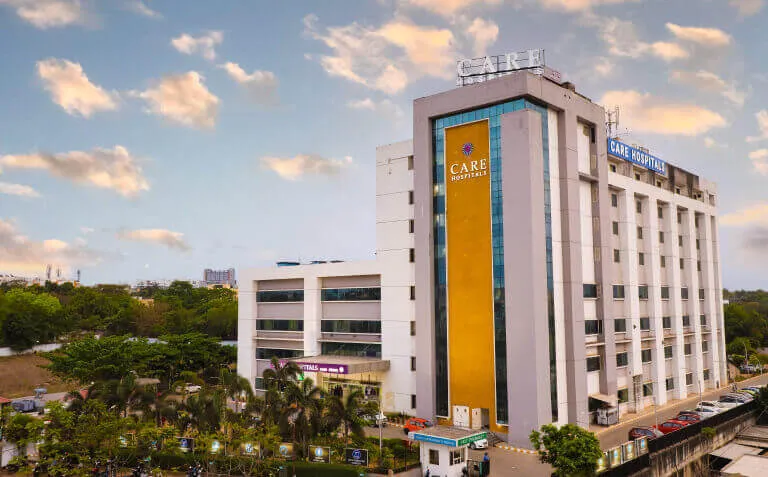
CARE Hospitals, Bhubaneswar
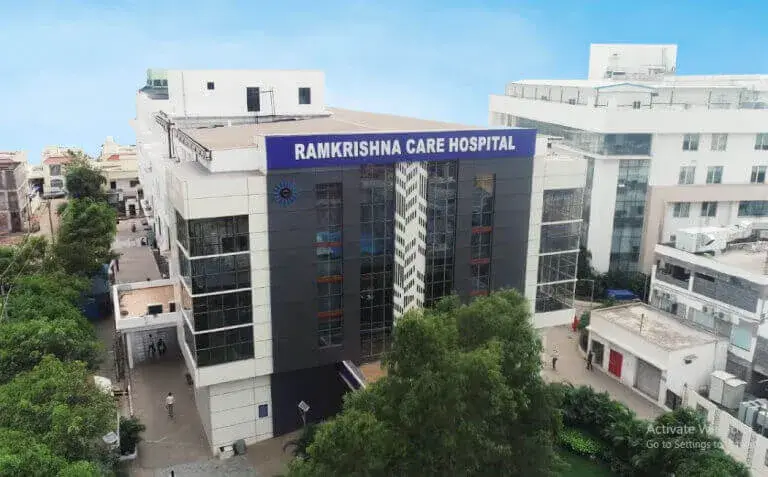
Ramkrishna CARE Hospitals, Raipur
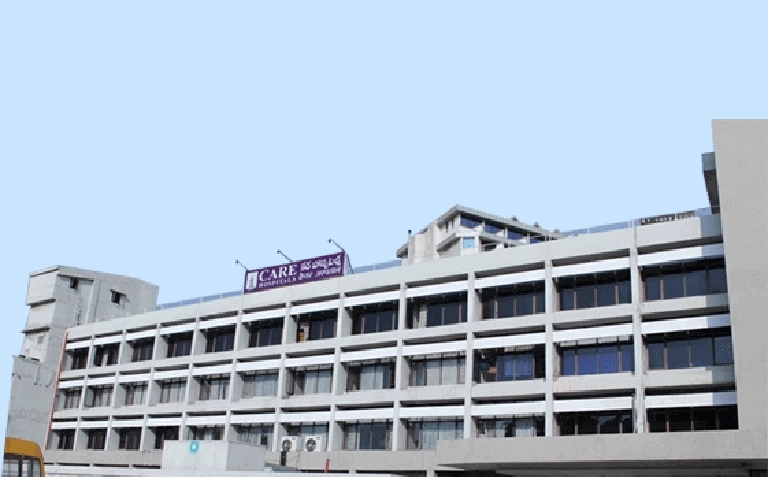
CARE Hospitals, Ramnagar, Visakhapatnam
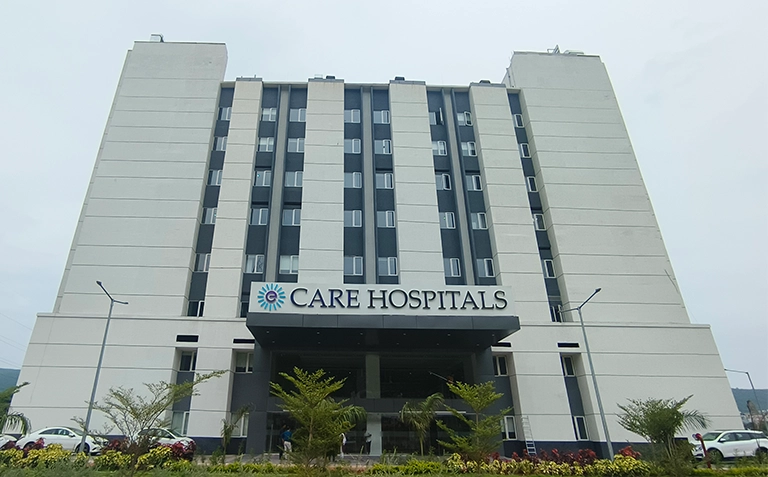
CARE Hospitals, Health City, Arilova
Related Surgeries
- Best Hospital for Spinal Fusion Surgery in Hyderabad
- Best Hospitals for Ankle Surgery in Hyderabad
- Best Hospital for Carpal Tunnel Release Surgery in Hyderabad
- Best Hospitals for Ligament Repair Surgery in Hyderabad
- Best Hospitals for Elbow Surgery in Hyderabad
- Best Hospitals for Arthroscopic Meniscal Repair Surgery in Hyderabad
- Best Hospital for Arthroscopy Surgery in Hyderabad
- Best Hospital for ORIF(Open Reduction Internal Fixation) Surgery in Hyderabad
- Best Hospital for Spine Decompression Surgery in Hyderabad
- Best Hospitals for Shoulder Arthroscopy Surgery in Hyderabad
- Best Hospital for K-Wire Fixation Surgery in Hyderabad
- Best Hospitals for Arthroscopic Knee Aspiration Surgery in Hyderabad
- Best Hospital for Bipolar Hemiarthroplasty Surgery in Hyderabad
- Best Hospital for Hemarthrosis Knee Surgery in Hyderabad
- Best Hospital for Meniscus Surgery (Meniscectomy) in Hyderabad
- Best Hospital for Proximal Femoral Nail (PFN) Surgery in Hyderabad
- Best Hospitals for Osteotomy Surgery in Hyderabad
- Best Hospitals for Arthroscopic Reconstruction Surgery in Hyderabad
- Best Hospitals for Bone Marrow Aspirate Concentrate (BMAC) Surgery in Hyderabad
- Best Hospital for Tension Band Wiring Surgery in Hyderabad
- Best Hospital for Shoulder Rotator Cuff Repair Surgery in Hyderabad
- Best Hospital for Shoulder Replacement Surgery in Hyderabad
- Best Hospital for Humerus Plating Surgery in Hyderabad
- Best Hospital for Tendon Repair Surgery in Hyderabad
- Best Hospital for Spinal Decompression Surgery in Hyderabad
- Best Hospital for Posterior Cruciate Ligament (PCL) Surgery in Hyderabad
- Best External Fixator Surgery in Hyderabad
- Best Hospital for UCL Reconstruction Surgery in Hyderabad
- Best Hospital for Hip Resurfacing Surgery in Hyderabad
- Best Hospital for Ganglionectomy in Hyderabad
Frequently Asked Questions
Proximal Femoral Nail surgery offers a minimally invasive solution to treat femur fractures with a specialised metal implant. The procedure stabilises broken thighbones through small incisions with an intramedullary nail. Doctors use this technique to treat peritrochanteric, intertrochanteric, and subtrochanteric fractures. The nail's design fits the proximal (upper) part of the femur and gives high rotational stability to the head-neck fragment.
Yes, PFN surgery has proven to be safe. Patients lose less blood compared to other fixation methods like Dynamic Hip Screw. The procedure also helps patients move better early on compared to alternative treatments.
The surgery duration varies based on several factors. Standard PFN procedures take 49-90 minutes. Short PFN procedures need about 50-52 minutes, while long PFN procedures require around 80 minutes. The fracture's complexity and the surgeon's experience affect the total surgery time.
The following are some common complications:
- Infections
- Screw cut-outs
- Varus deformity and improper reduction
- Implant failures include nail breakage and screw back-out
Most patients stay in the hospital for 6-8 days. Their recovery journey starts the day after surgery with initial movement. Weight-bearing depends on fracture stability. The fracture usually heals within 12 weeks. Patients return to their original walking ability around 8 weeks. Most people achieve full functional recovery between 3-6 months.
Still Have a Question?







